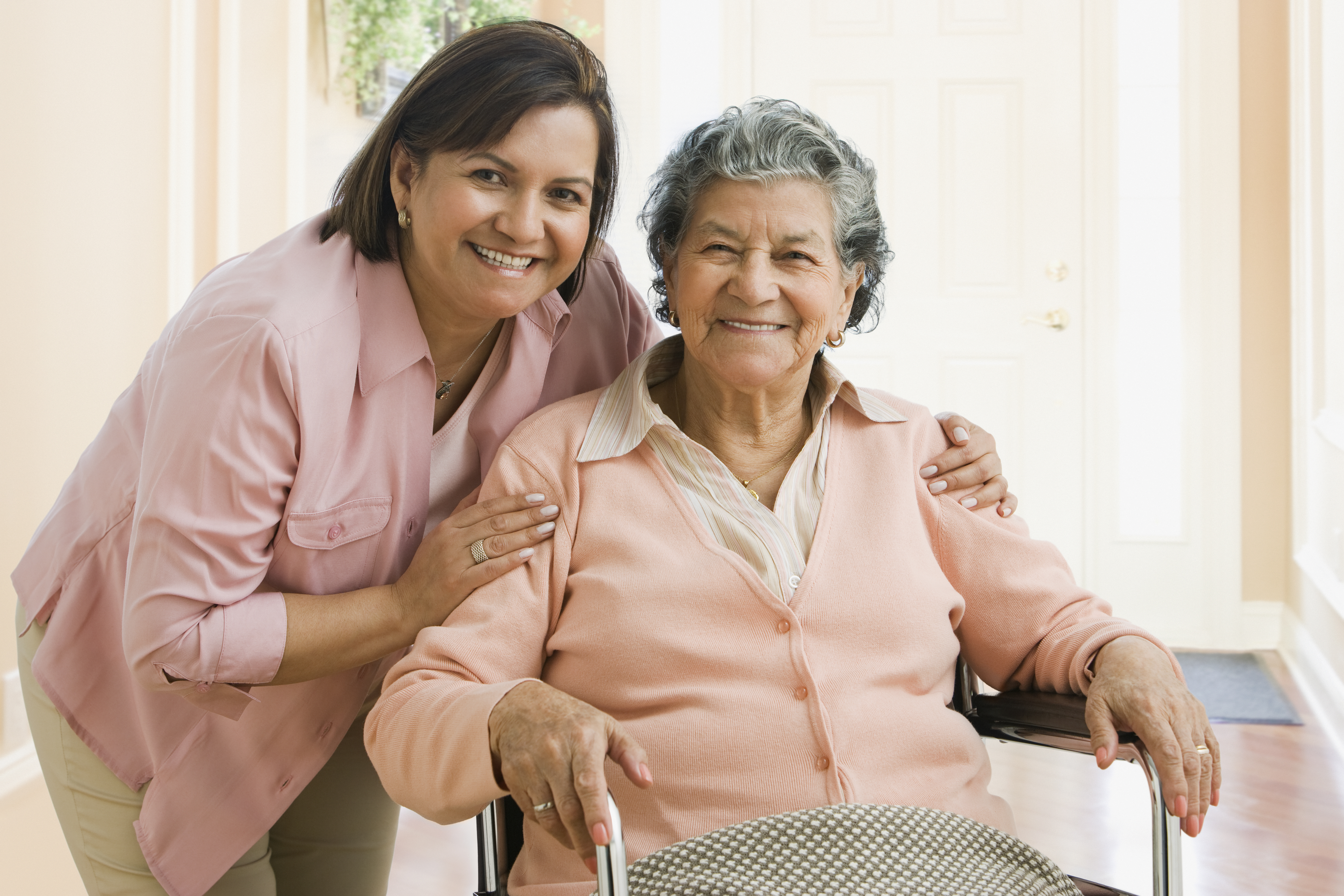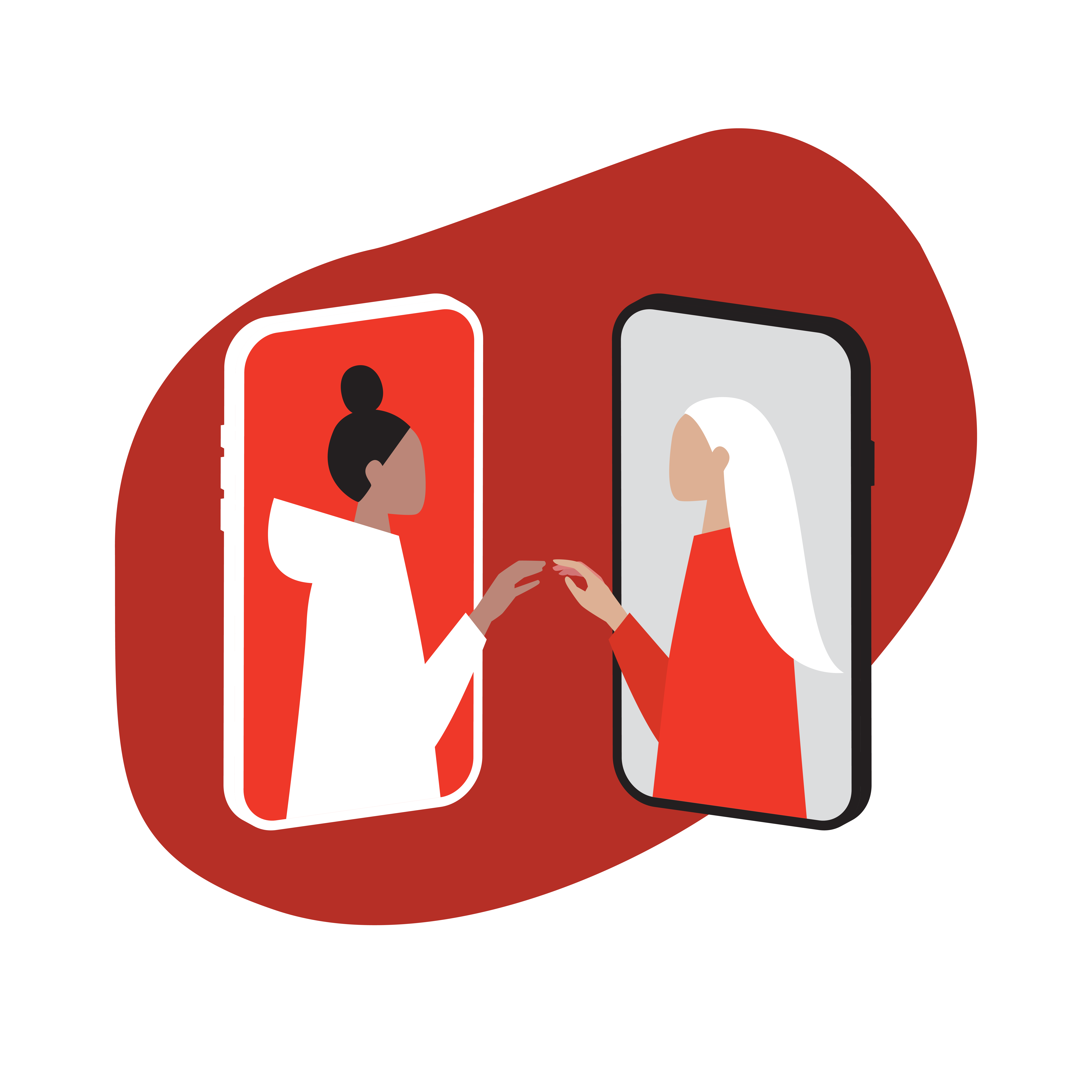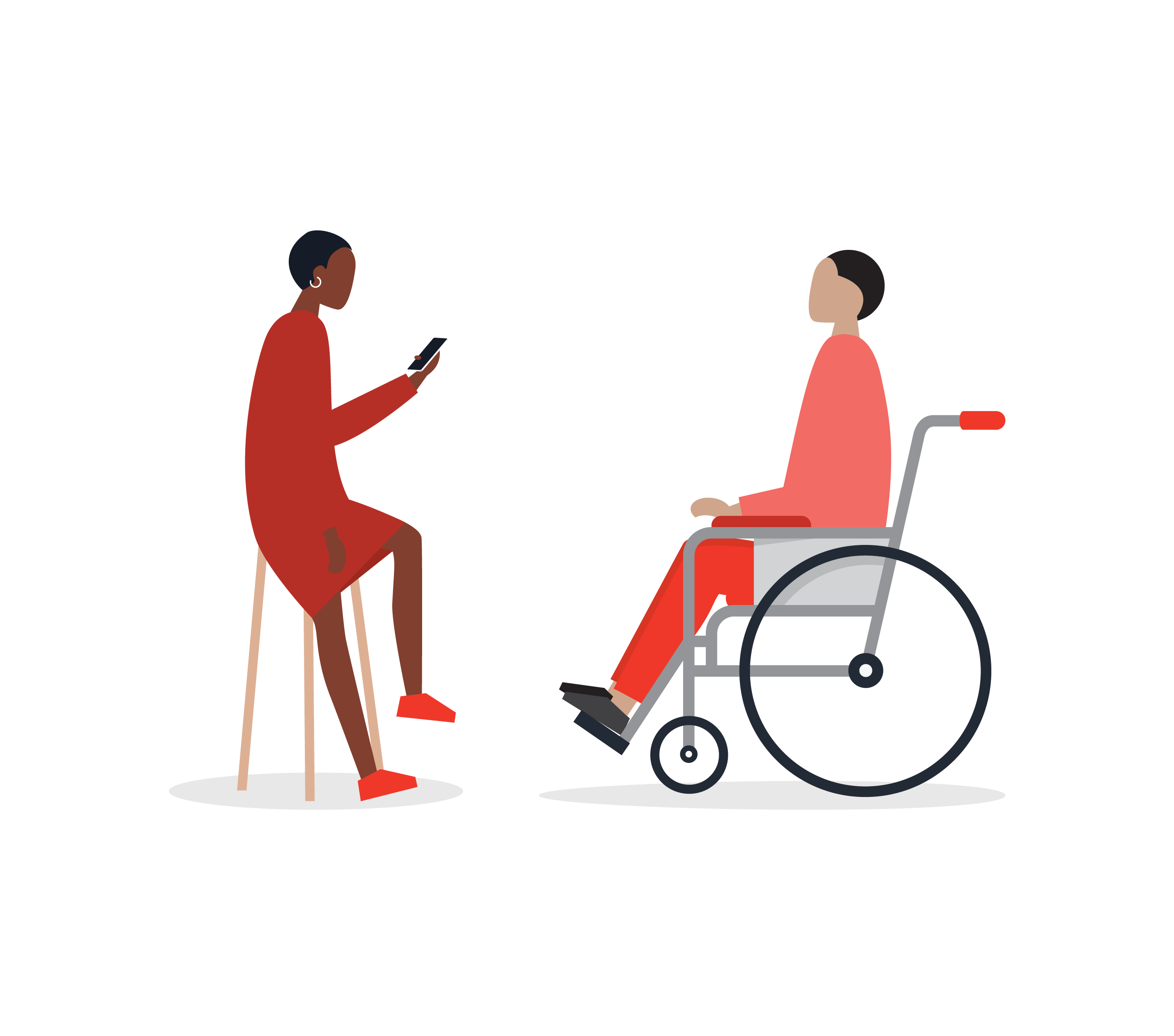AARP Eye Center

En español | Caregiving may be one of the most important, and challenging, roles you’ll ever take on. No matter where you are in your caregiving journey — starting to plan; taking care of a family member in your home, in a facility, or from a distance; or managing end-of-life caregiving responsibilities — having resources at your fingertips will make the process easier.
AARP developed this family caregiver guide with you, the caregiver, in mind and as a starting point to help you find the services and support you might need throughout your journey.

Caregiver Support
ARCH National Respite Network and Resource Center (703-256-2084)
Helps families locate quality respite and crisis care services in their communities.
Family Caregiver Center of New Mexico (505-494-4021)
Supports family caregivers for adults 18-plus through resources, respite, social connection and mental health care.
New Mexico Caregivers Coalition (505-867-6046 )
Supports the development of family and professional caregivers; provides skills-building caregiver training, support groups and links to appropriate resources.
Family Caregiver Alliance (800-445-8106)
Provides assessment, care planning, direct skills training, wellness programs, respite services, legal and financial support, and more to family caregivers of adults with physical and cognitive impairments.
New Mexico Department of Health: Respite (505-841-4736)
Provides short-term, temporary care to children and adults with intellectual or developmental disabilities, so caregivers can take a break. Respite providers ensure safety, assist with activities of daily living, promote the individual’s health and safety, and provide opportunities for participation in community activities.
Finances
Supplemental Nutrition Assistance Program (800-432-6217)
Eligible households receive food assistance through an Electronic Benefits Transfer card to cover a portion of their food budget, as well as nutritional education.
Senior Community Service Employment Program (505-841-4500)
Transitions older workers into unsubsidized employment.
New Mexico Department of Workforce Solutions (505-841-8437)
Offers information on job opportunities, unemployment benefits, wages and more.

Legal
Adult Protective Services (866-654-3219)
Provides information and investigates allegations of abuse, neglect and financial exploitation of vulnerable adults.
Senior Citizens Law Office (505-265-2300)
Offers free legal assistance to low- income adults 60-plus in such areas as health care, housing, public benefits, advance directives, guardianship, consumer affairs and long-term care, as well as estate- planning services for a reduced fee, including wills, probates and transfer on death deeds.
Legal Resources for the Elderly Program (800-876-6657; 505-797-6000)
Free, statewide helpline for residents 55-plus, providing legal advice and services in most areas of civil law such as debt, employment, guardianship, powers of attorney, Medicaid and Medicare, housing and more.
Senior Community Service Employment Program (505-841-4500)
Transitions older workers into unsubsidized employment.
New Mexico Developmental Disabilities Planning Council: Office of Guardianship (505-841-4519)
Information about available services for income-eligible adults who need a guardian and are alleged to be incapacitated.
Health
Alzheimer’s Association: New Mexico Chapter (800-272-3900)
Supports people with Alzheimer’s or other forms of dementia and their caregivers by offering a 24-hour telephone helpline, family education and outreach programs, financial and legal planning information, support groups and care navigation tools.
Veterans Affairs New Mexico Healthcare System: Caregiver Support Line (855-260-3274)
Helps veterans and their families access federal, state and local resources and benefits.
Housing and Care Facilities
Long-Term Care Ombudsman (866-451-2901)
Provides consumer protection advocacy services to residents of long-term care facilities such as nursing homes, assisted living facilities, specialty care facilities and boarding homes. Anyone can use an ombudsman to report a concern and get help resolving problems, including residents, residents’ family members and friends, and long-term care facility employees.
New Mexico Aging and Long-Term Services Department (800-432-2080)
Works to keep older adults and adults with disabilities in their homes and communities by providing a range of accessible, integrated services that revolve around health, safety, economic well-being and more.
Information and Services
Aging and Disability Resource Center (800-432-2080)
Connects older adults, people with disabilities and caregivers with resources that support independent living by providing information and counseling on long-term care, prescription drugs, benefits, heath care options and more.

Albuquerque/Bernalillo County Area Agency on Aging (505-764-6400)
Provides information about services for family caregivers to assist in making decisions and solving problems related to their caregiving roles.
Navajo Nation Division of Aging and Long-Term Care Support (928-871-6869)
Provides services for older adults living on the Navajo Nation, including nutrition, transportation and assistance with payment for eyeglasses, dentures and hearing aids.
Non-Metro Area Agency on Aging (866-699-4927; 505-395-2668)
Assists older adults in maintaining their independence and dignity through home-delivered meals, transportation, chore assistance, respite care services and more.
Indian Area Agency on Aging (505-383-3900; 866-842-9230)
Offers training, information, transportation, volunteering, nutrition, heath care and more to assist tribal members 55-plus and their families.
Older Rainbow Community Albuquerque (505-363-0152)
Provides services and support to enhance the quality of life of older members of the LGBTQ+ community.

End of Life
Compassion and Choices (800-247-7421)
Offers planning tools and advance planning consultation services related to end-of-life options, including access to medical aid in dying.
End of Life Options New Mexico (505-393-13210)
Provides resources to assist with advance care planning and information about palliative care, hospice and all end-of-life options, including medical aid in dying.































































